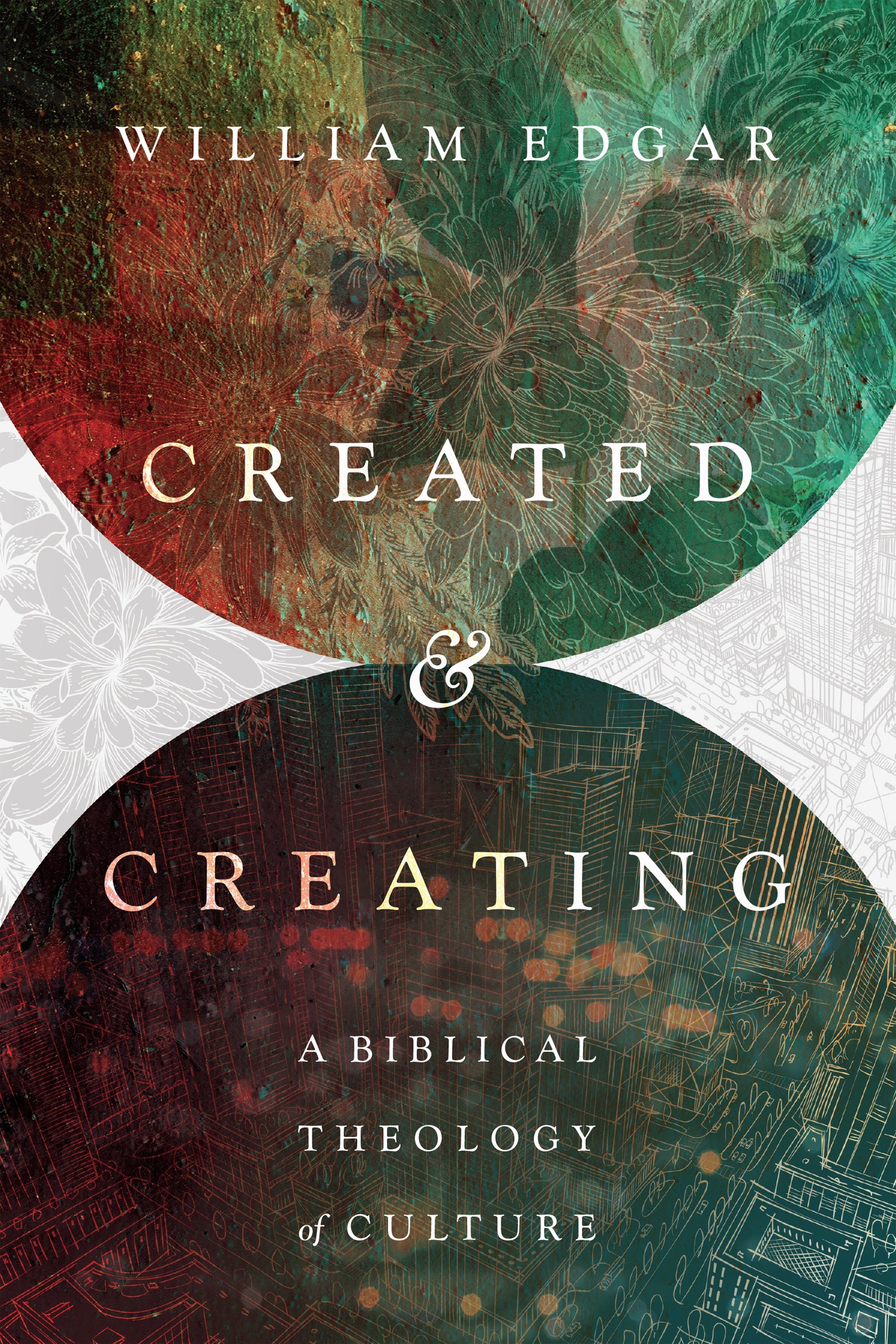A Brief Book Summary from Books At a Glance
About the Author
William Edgar is professor of apologetics and holds the John Boyer Chair of Evangelism and Culture at Westminster Theological Seminary in Philadelphia. He is the author of several books.
Introduction
This book presents a biblical and theological analysis of culture and the cultural mandate. It pays careful attention to the development of the cultural mandate in biblical theology. Edgar argues that Christians are to eschew the false dichotomy that pits evangelism and spirituality against cultural engagement and social justice. He observes how the cultural mandate develops across the canon, tracking through creation, fall, redemption, and consummation.
Table of Contents
Introduction
Chapter 1 Cultural Analysis
Chapter 2 Biblical and Theological Reflections
Chapter 3 Facing the Contra Mundum Texts
Chapter 4 Read It Again—Life in This World
Chapter 5 This World, No Friend?
Chapter 6 The End of the Beginning
Chapter 7 Creation and Redemption
Chapter 8 The First Vocation
Chapter 9 Culture After the Fall
Chapter 10 The Cultural Reflex
Chapter 11 Culture in the New Covenant
Chapter 12 Culture in the Afterlife
Epilogue
Summary
Chapter 1: Cultural Analysis
Cultural studies rose in the West as secularization increased. In the first phase of cultural studies, culture was seen as something high, something that primitive people progressed towards. Even in civilized countries, lower classes could become cultured if the right steps were taken. Culture was taken to be the best of human achievement and thought, and social civilization the pinnacle of human accomplishment. Romanticism identified the arts as that which could liberate people from the evils of industrialization. Some looked back at pre-urbanization and saw a more humane way of living in rural, agrarian lifestyles. The second phase of studying culture examined the interrelationships of components in a society, particularly in regards to the exercise of power. Marxism has been highly influential in these analyses. Marx saw class struggle as the driving force of human history and experience. As the Marxist dialectic proceeded, it was supposed to result in a classless society. Nietzsche argued that there is only perspective, not truth, and that people exert their will to power, using “truth” as a tool. The use of truth concepts as tools of power was explored by Foucault and others. Liberation theologians, feminists, and far, far more continue to look at culture in terms of divisions and power struggles. The third phase overlaps the first and second. Some thinkers began to identify culture with customs. Rather than perceiving culture to be something high and advanced, culture was seen to be plural and relative. There are many profound insights in the work of those who study culture, and many points that corroborate biblical principles. Secular analyses fail, however, to fully reflect the truth about culture and the human experience that the Bible presents.
Chapter 2: Biblical and Theological Reflections
Although the word “culture” does not appear in Scripture, there are many biblical principles and concepts that make a biblical study of culture possible. H. Richard Niebuhr provided the seminal work Christ and Culture, but his schematization does not present valid options for understanding the actual relationship of Christ to the creation. T. S. Eliot thought that society could not flourish apart from Christianity, and that even those who were not committed Christians should learn to think in Christian categories. C. S. Lewis wrote many things that are pessimistic about culture, since he rejected the view that culture, rather than God, could be the savior of the people. . .
[To continue reading this summary, please see below....]The remainder of this article is premium content. Become a member to continue reading.
Already have an account? Sign In
